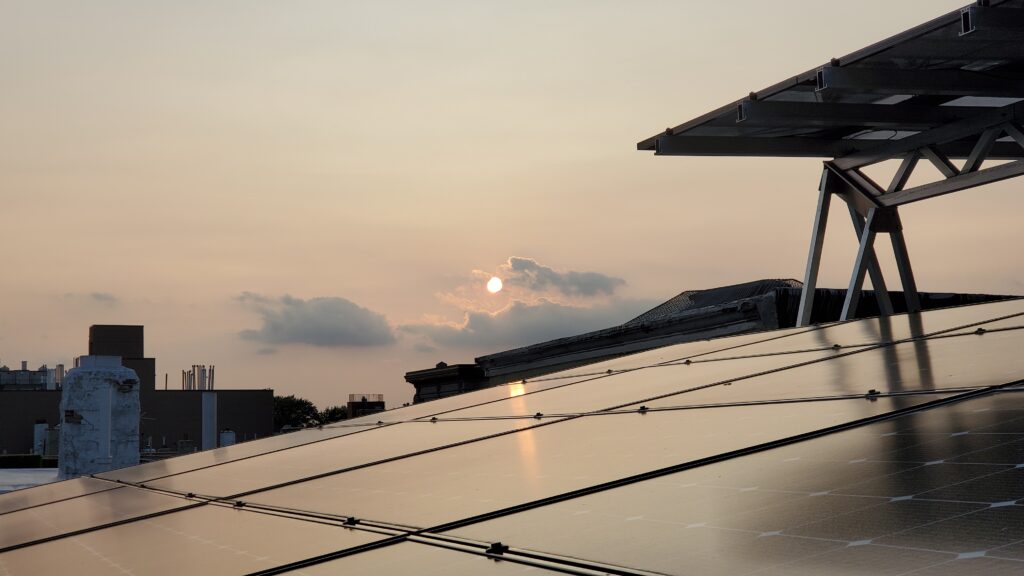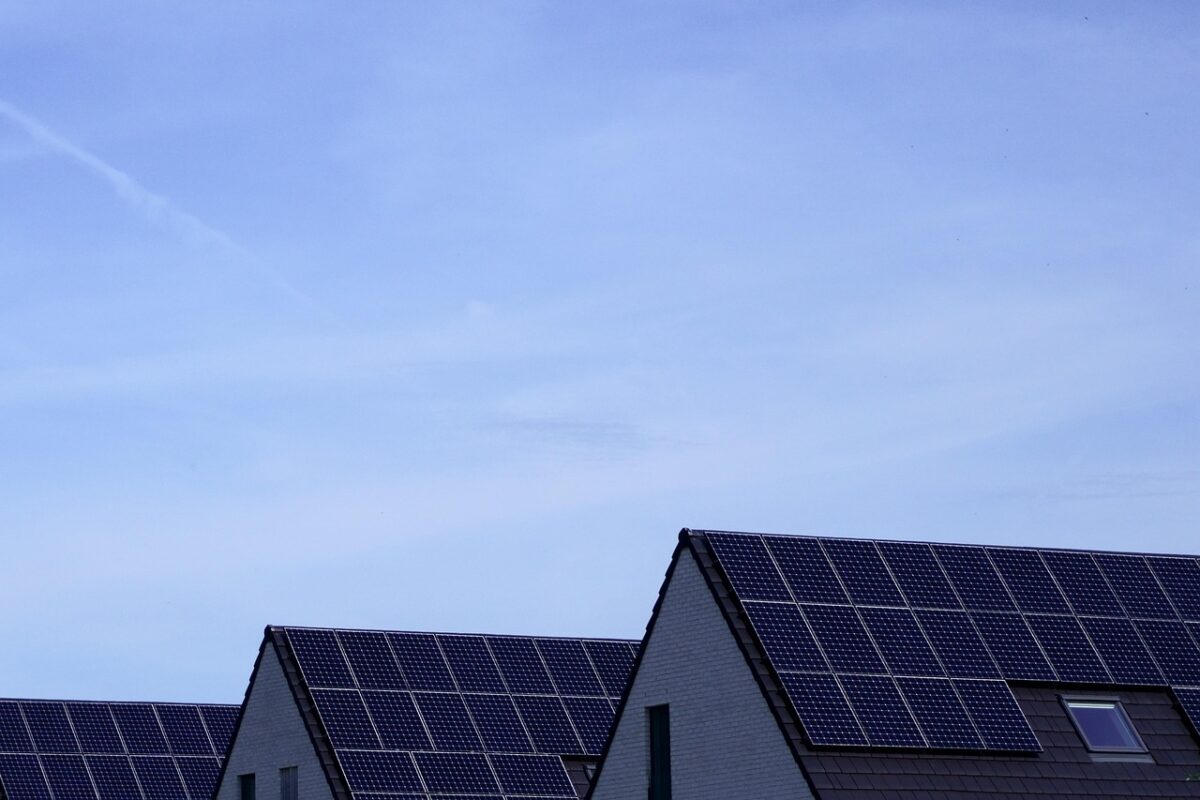EU-based solar project design software provider PVcase has secured a joint investment of $100 million. The funding will support the company’s efforts make solar project design faster, more efficient and precise while solving the industry’s growing problem of “data risk.”
Despite considerable resources already invested in the solar market, the solar engineering industry lacks the digitization needed to keep pace with demand. The investment brings PVcase’s total funding to more than $123 million. Highland Europe, Energize and existing investor Elephant all participated in the funding round.
Data risk arises from a chain of factors. Utility-scale solar’s rapid global growth has made qualified designers and engineers scarce, growing developers’ use of software to automate tasks in design and ongoing operations. Yet data sources for that software — particularly in Europe — are in older formats, such as PDFs and hard copy records. And most solar software platforms were designed independent of each other, built to automate only a handful of tasks.
As a result, developers must now use as many as 70 different data sets, most with fields of data that must be manually matched when moving from one software platform to the next. These multiple, time-consuming and customized transfers inevitably degrade data quality, creating data risk.
“Data risk is a technical problem that has become an industry-wide constraint,” said PVcase CEO David Trainavicius. “We plan to use this investment to drive more cost and time savings by offering a one-stop solar design platform.”
PVcase aims to cover every step in the design and operations process in a single platform and this investment comes on the heels of the company’s recent acquisition of U.S.-based solar siting leader Anderson Optimization. The two platforms’ data fields have already been matched, enabling transfer with a few mouse clicks. PVcase also introduced Anderson Optimization software to the European market, first covering Germany, Spain and the UK. PVcase estimates that European developers will be able to cut their project design process from weeks to roughly 20 minutes.
The merged product line carries a significant number of benefits. Trainavicius said the biggest is ensuring developers only spend time and resources on viable sites
“Good, streamlined data across the design and construction lifecycle is the fuel we need to keep the renewable energy transition moving toward a cleaner future,” said Irena Goldenberg, partner at Highland Europe. “We need to advance solar operations fully into the digital age by reducing data risk.”
The company has operated almost exclusively from its revenue stream while expanding into 75 countries. This enabled it to build earlier investments into a significant cash reserve to use in upcoming acquisitions.
“The utility-scale solar industry is poised for explosive global growth in the coming years, yet it currently lacks the digital tools needed to meet the demand of the market,” said John Tough, managing partner of Energize Ventures and now a member of the PVcase board of directors. “Software solutions aimed at automating solar workflows and increasing data integrity are required for the market to become profitable and scalable.”
Tags: data risk, funding, PVCase, software, utility-scale






